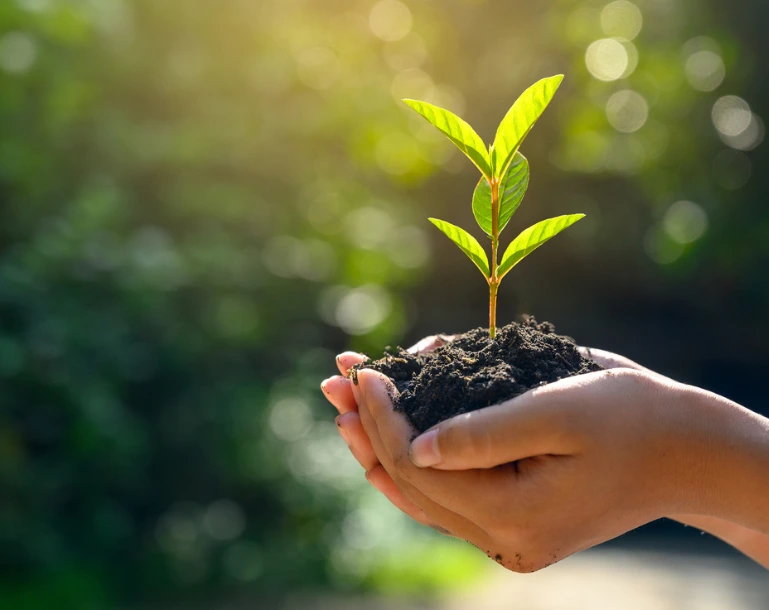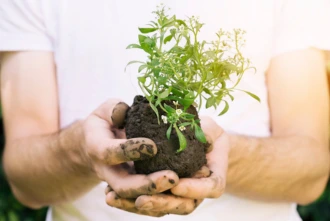
Sustainable Practices for a Healthier Planet
Building a Greener Future: Strategies for Environmental Sustainability
Environmental sustainability refers to the responsible management and use of natural resources to meet current needs without compromising the ability of future generations to meet theirs. It focuses on the long-term health and stability of ecosystems by maintaining biodiversity, reducing waste and pollution, conserving resources, and promoting practices that minimize human impact on the planet.

Water Conservation
Water conservation is the practice of using water efficiently and responsibly to reduce unnecessary consumption and protect this vital resource. As freshwater supplies become increasingly limited due to population growth, climate change, and pollution, it is crucial to adopt strategies that promote sustainable water use.

Native Tree Plantation
Native tree plantation refers to the practice of planting trees that are indigenous to a specific region or ecosystem. These trees are naturally adapted to the local climate, soil, and wildlife, making them essential for maintaining ecological balance. Native trees play a critical role in promoting biodiversity, providing habitat for wildlife.


